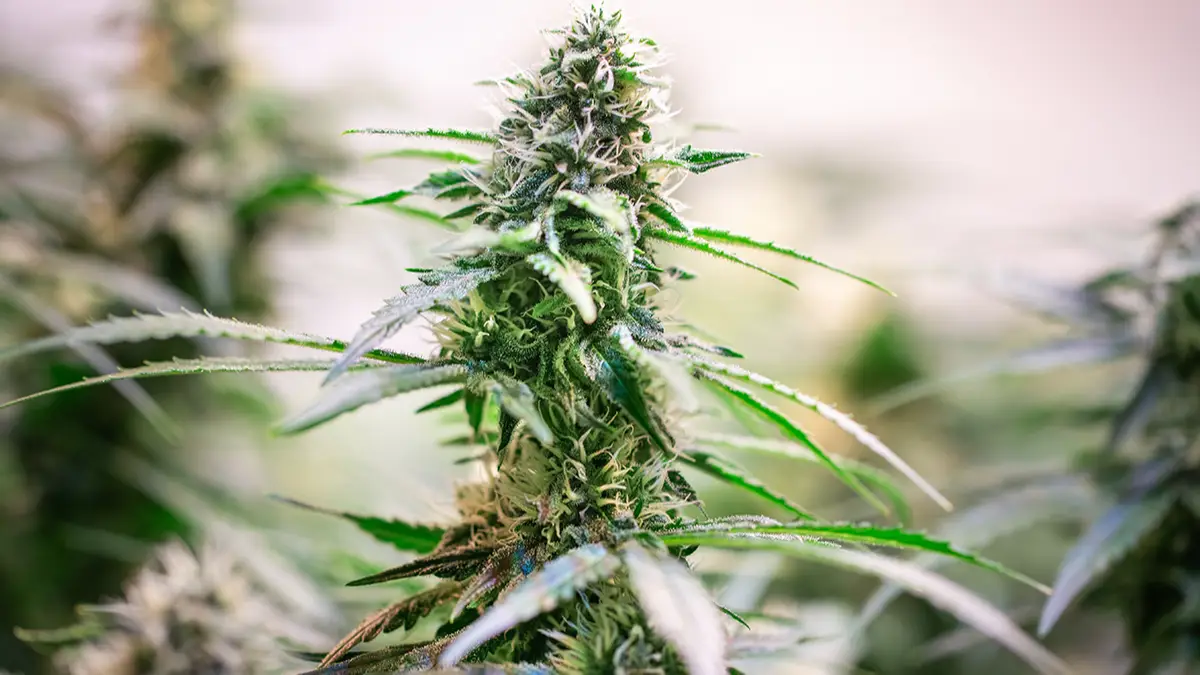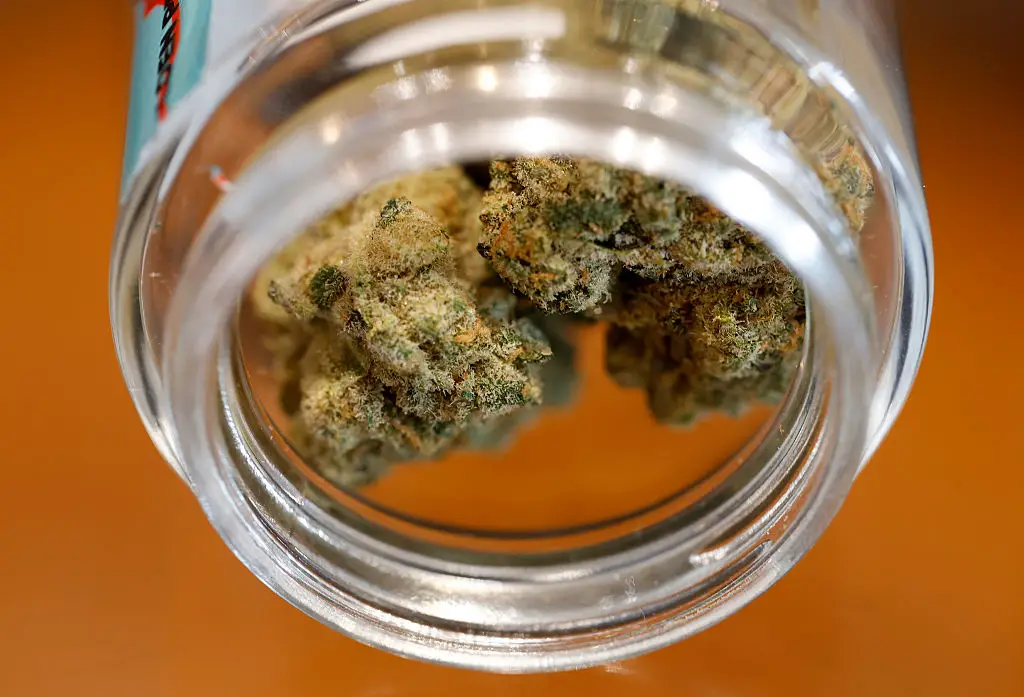
Scientists have issued fresh health warnings on cannabis use after discovering the drug has gotten stronger over the last 20 years.
The psychoactive drug is back in the headlines once again as Donald Trump looks to shake up the laws that govern it.
The US president is considering the possibility of dropping cannabis from Schedule I - where it's currently classed as highly addictive and dangerous, alongside heroin, ecstasy and LSD - to the less-offensive Schedule III.
The drug would still be illegal, but thought to have 'a moderate to low potential for physical and psychological dependence' instead.
Advert
Despite its current categorization, numerous states have legalized cannabis for medical purposes, while 24 have given it the green light for recreational use. Meanwhile, a new study from scientists in Canada has sounded the alarm on some of the terrifying dangers of using cannabis long-term.
Canada legalized the drug for both recreational and medicinal purposes under The Cannabis Act, which came into effect on October 17, 2018.

Published in the Canadian Medical Association Journal on Monday (August 11), it links consistent use of the drug - which is growing in potency - with mental health issues.
The new study found cannabis has become much stronger since the early 2000s, when the average amount of THC - the chemical that produces the 'high' - was about four percent. These days, in most legal cannabis sold in Canada, it’s over 20 percent.
Co-author Dr Nicholas Fabiano, MD, resident and researcher with the Department of Psychiatry, University of Ottawa, Ontario, said: "Cannabis from the 2000s is not the same as in 2025. THC content has increased by five times. This is likely a significant driver in the increasing link between cannabis use and schizophrenia."
Here's what else the study found...
Stronger cannabis can raise the risk of psychosis

Using cannabis with very high THC levels, especially on a regular basis, can increase the chances of experiencing psychosis, with symptoms including hallucinations or delusional thinking.
The risk is higher for younger people, men, and anyone who already has a mental health condition such as bipolar disorder, depression, or anxiety.
Most people who experience cannabis-related psychosis recover quickly, often within a day, but for those whose symptoms last longer or who have a history of psychosis, hospital care is often needed.
A link to schizophrenia

A major study involving 9.8 million people in Ontario found a strong link between cannabis-related health problems and schizophrenia.
People who went to the emergency department for cannabis use had a 14 times higher risk of developing a schizophrenia-spectrum disorder within three years compared to the general population.
For those treated for cannabis-induced psychosis, that risk skyrocketed - more than 240 times higher - with the danger greatest in the first few years afterward.
Treatment starts with stopping cannabis use

The most important step in treating cannabis-induced psychosis is to stop using cannabis altogether, the study found.
If symptoms are severe, doctors may prescribe antipsychotic medication to help manage them.
But once a person’s symptoms have settled, the medication can often be reduced or stopped gradually.
Therapy can help people quit

Less of a warning, more of a silver lining; counselling approaches like motivational interviewing can help people feel ready to quit, while cognitive behavioural therapy can teach practical ways to manage cravings and avoid relapse.
These methods, whether delivered by a doctor or psychologist, can reduce cannabis use, ease mental health symptoms and improve daily life.
If you want friendly, confidential advice about drugs, you can call American Addiction Centers on (313) 209-9137 24/7, or contact them through their website.
Topics: US News, Canada, Health, Mental Health, Drugs